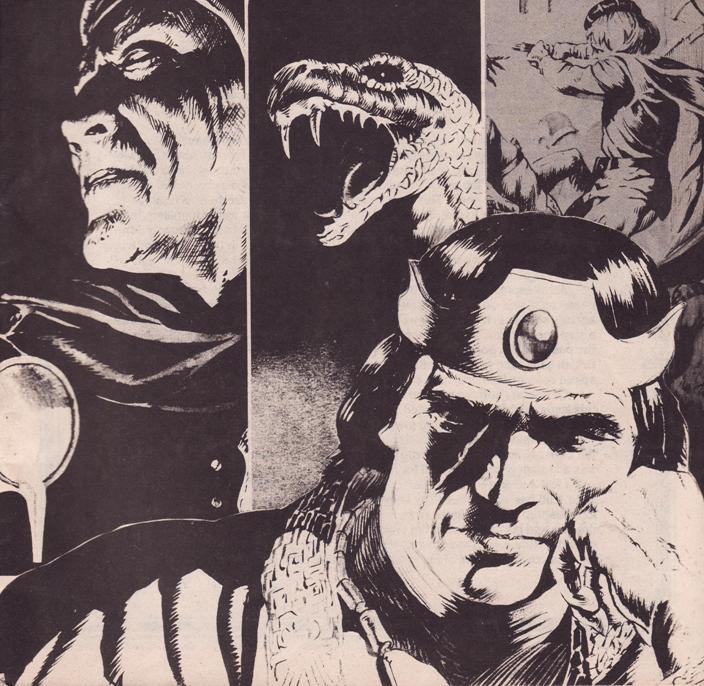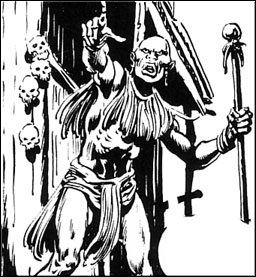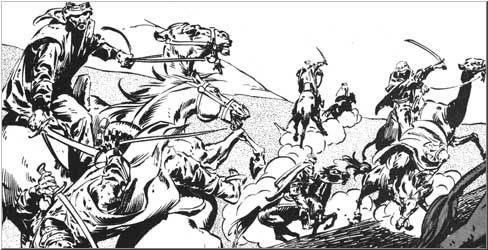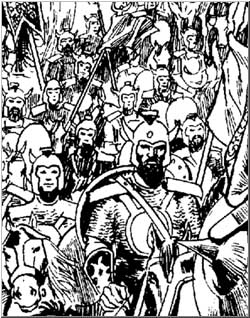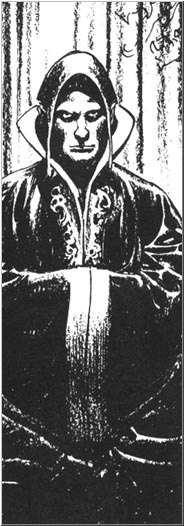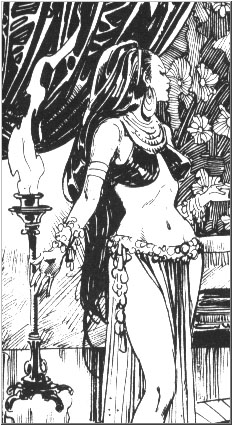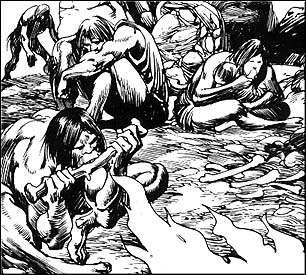By these rules I axe!
These are the house rules in effect for my World of Xoth campaign.
The World
- Here is the map of the campaign world, use it to create a background for your character.
Rulebooks
- Pathfinder Core Rulebook: By default, everything from the Core Rulebook is allowed, with specific exceptions listed below.
- Advanced Player’s Guide (APG): Players must get explicit permission to use any material from the APG (but permission is very likely to be given, unless it “breaks the spirit” of the house rules below).
Ability Scores
- 20 point buy
Races
- Human only
- You must select a cultural archetype
- Special variant “races” (such as pygmies and others) allowed on a case-by-case basis. Note that as a general rule, the party can only include a single non-human (or special variant race) character
Classes
The following classes are allowed:
- Alchemist (APG)
- Aristocrat
- Barbarian
- Bard
- Cavalier (APG)
- Commoner
- Cultist (a variant of Oracle [APG])
- Druid*
- Expert
- Fighter
- Monk
- Ranger
- Rogue
- Warrior
- Witch**
Most of the alternative class features from the APG are also available, but ask for permission.
* The Druid’s class features are modified as follows:
- Wild Shape: The druid class does not gain the Wild Shape ability. The character gets a bonus feat per daily use of Wild Shape instead.
** The Witch’s class features are modified as follows:
- Healing hex: “The healing hex can be used a number of times per day equal to 3 + the witch’s Intelligence modifier.”
-
Slumber hex: “This hex can affect a creature of any HD, but if the target has more HD or levels than the witch, he simply becomes drowsy (treat as staggered) instead of falling asleep. This effect can be removed by the same means as awakening a sleeping creature (ie. rousing the creature using a standard action, or dealing damage to the creature).“
Feats
- No item creation feats, except Brew Potion and Scribe Scroll
Skills
- No changes
Equipment
- Regional equipment (more on this later)
- Weapons and armor created by master-smiths get “quality” bonuses that are equivalent to enchantment bonuses in all respects. Such equipment is very rare and expensive.
Spells
- See the “Mysteries of Magic” post for details.
Magic Items
- True magic items are very rare, usually unique relics from older civilizations. The art of crafting magic items has been lost.
Character Improvement (Training)
- Characters can spend time and money on “training” to increase ability scores or gain permanent bonuses to saving throws, armor class. (This will be further explained in a separate post.)
Other Rules
- No alignment
- Players roll all the dice
- Hero Points from the APG (just the points; not the feats, spells and items)
- If an item/equipment is not on your character sheet, then you don’t have it. If the party has a list of shared treasure, the list must specify which party member carries each item; otherwise the party has lost the item.
- By group agreement (majority vote), the Coup de Grace action cannot be used (exception: NPCs can use it against each other).
